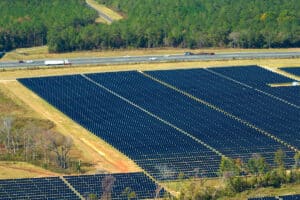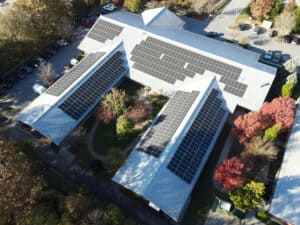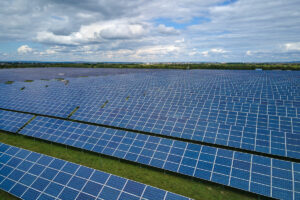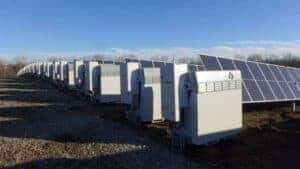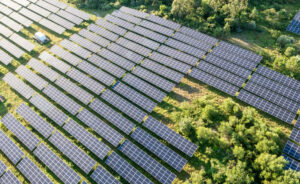A power purchase agreement (PPA) is a renewable energy project funding alternative that provides customers with unique cash flow advantages. There are different types of power purchase agreements that tailor to your corporations specific needs. This agreement is typically ideal for larger project applications and traditionally involves three parties: developer, investor and host customer. The developer is responsible for the designing and building the project, the investor funds the project, and the customer hosts the project on their property. Two types of power purchase agreements, physical and virtual, are outlined below.
Physical PPAs
Physical power purchase agreements (PPPAs) have been the leading form since the birth of the corporate renewable energy market. As the more traditional option, a PPPA involves a long-term agreement between a corporate customer, energy supplier and renewable electricity generator. The energy supplier will build, own and maintain the project while selling electricity back to the customer at a fixed price per unit (dollars per megawatt-hour). This price is typically lower than the local utility’s.
The electricity generator facilitates the physical delivery of power to buyers. This physical transfer of electricity from renewable energy developers to buyers through an intermediary utility company sets PPPAs apart from virtual ones. The corporation will also have to pay the intermediary utility company a fee for maintenance and execution of the transfer.
Virtual PPAs
Virtual power purchase agreements (VPPAs) are newer to the market and have gained popularity in the past few years. Some would argue that they are the fastest-growing funding structure. This type of PPA allows smaller, inexperienced buyers the opportunity to get involved in the market. This agreement involves a corporation and a developer with the goals of allowing corporations to meet their sustainability target and facilitating decarbonization across the grid.
With a VPPA agreement, the developer sets a fixed price for each unit of electricity produced over a specified time period and sells these units to local power grids. This in in exchange for renewable energy certificates (RECs), which the corporation will recieve. The corporation is not responsible for energy generation and also does not receive any electricity from developers. A VPPA allows the corporation to catalyze the flow of electricity to the grid themselves without actually generating the energy.
Interested in funding your next energy project with one of these types of power purchase agreements?
Start a PPA-funded project today with the help of our team of experts at EnergyLink. We will walk you through the economic impact of your potential project, depending on which one of these types of power purchase agreements you choose. Our team will show your corporation cash-flow projections and other useful data points so you can make sound decisions on how and whether or not to proceed with your project. Click the link below to get started or speak to an EnergyLink team member at (866) 218-0380.

